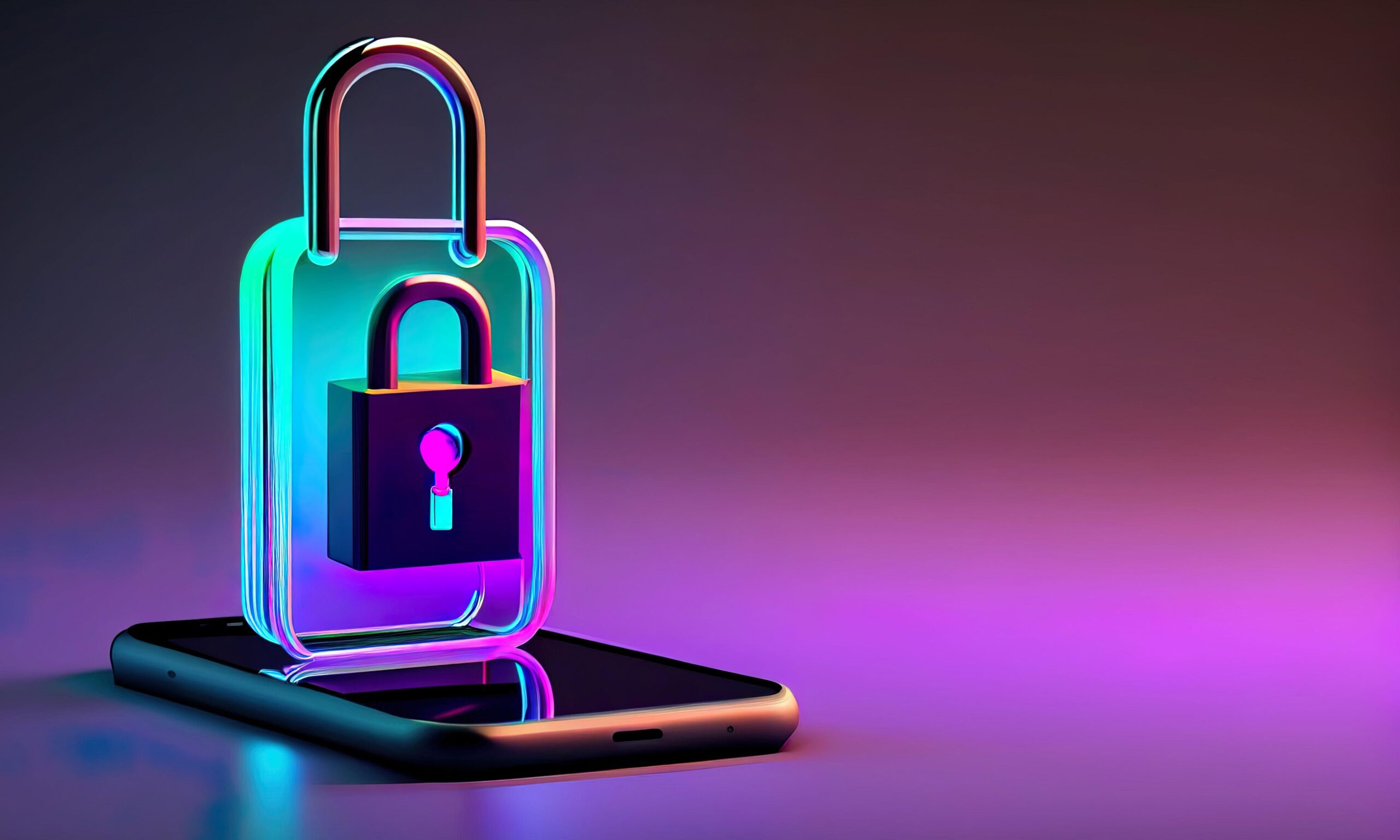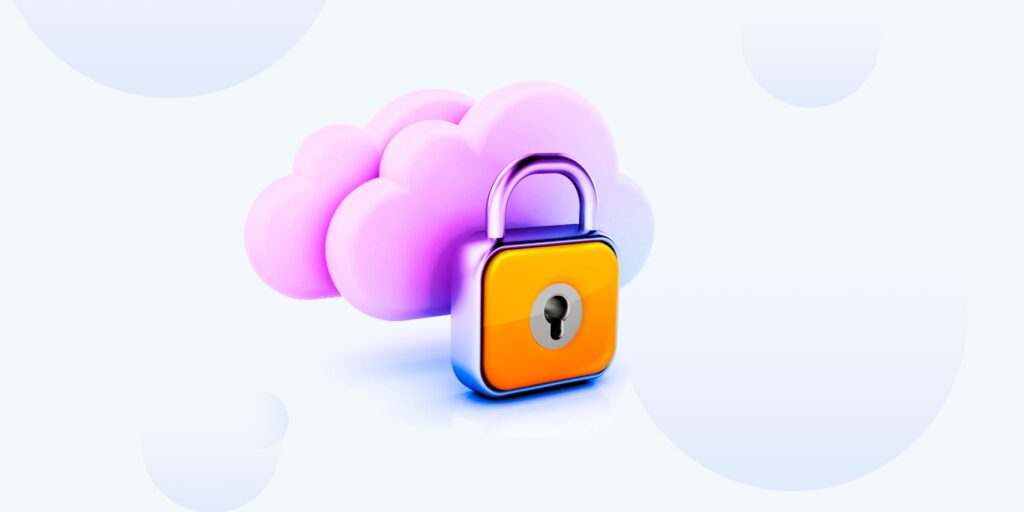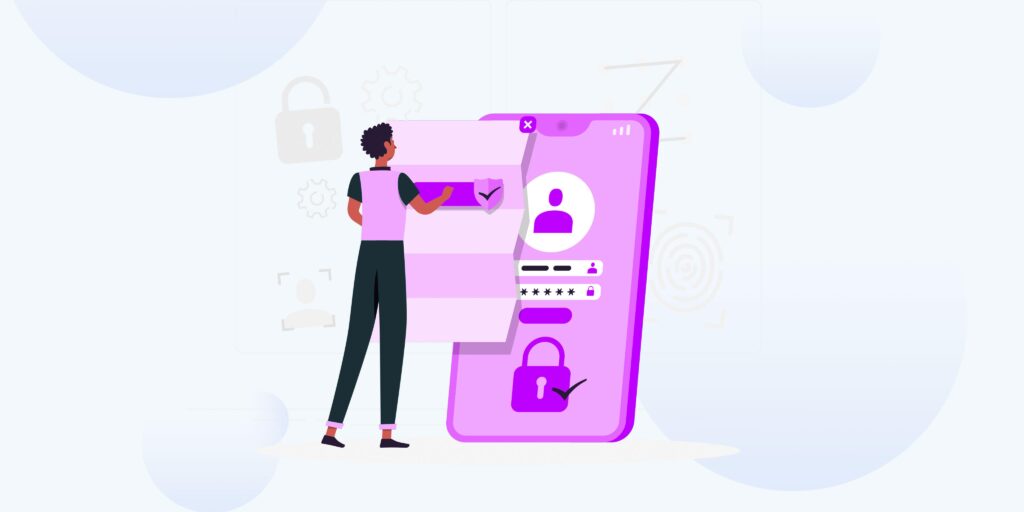
The rise of mobile app usage has made it increasingly important to ensure the security and privacy of these apps.
With the proliferation of mobile app usage, mobile app security and privacy is now more important than ever.
As a result, it is essential that app developers understand the best practices for creating secure and private mobile apps.
In this blog post, we will discuss the top tips for ensuring the security and privacy of your mobile app.
Mobile app development requires attention to detail and the use of secure coding practices.
Developers should be aware of the potential vulnerabilities in their code and how they can be exploited by hackers.
Here are some best practices for secure coding practices in mobile app development:
1. Code Reviews: Regular code reviews can help detect and fix security flaws in the app before they are released.
2. Input Validation: All user input should be validated to prevent attacks like SQL injection and cross-site scripting.
3. Avoid Hardcoding Sensitive Data: Hardcoding sensitive information like API keys or passwords in the code is a common mistake and can lead to security breaches.
4. Error Handling: Proper error handling is essential to avoid giving hackers valuable information about the app or its infrastructure.
5. Use Secure Coding Libraries: Mobile app developers should always use secure coding libraries that are updated regularly to fix known vulnerabilities.
6. Encrypted Communication: All communication between the mobile app and the server should be encrypted using SSL/TLS protocols.
7. Use HTTPS: HTTPS should be used for all web communication between the mobile app and the server to ensure data protection.
READ MORE: 5 Must-Have Features for a Successful E-commerce Mobile App
Authentication is the process of verifying a user’s identity before granting access to a mobile app, while authorization determines what actions a user is allowed to perform within the app.
Implementing strong authentication and authorization protocols is essential for protecting mobile app data from unauthorized access and malicious attacks.
One best practice for authentication and authorization in mobile app development is to use multi-factor authentication (MFA).
MFA requires users to provide more than one form of identification, such as a password and a fingerprint scan or facial recognition, before accessing the app.
This provides additional layer of security that makes it more difficult for attackers to gain access to sensitive user data.
Another important consideration for mobile app data protection is the use of encryption. Encryption is the process of converting data into a code that can only be deciphered by authorized parties with a decryption key.
By encrypting sensitive data stored on a user’s device or transmitted over a network, mobile app developers can prevent unauthorized access to data even if a device is lost or stolen.
Finally, mobile app developers must consider the potential risks associated with third-party authentication providers. While these providers can simplify the authentication process for users, they can also introduce new vulnerabilities into the mobile app ecosystem.
Developers must carefully evaluate third-party providers for security and privacy compliance before integrating them into their apps.
Get secure and mobile responsive app developed for your business today. Reach out to us and get a quote right away.

One of the most crucial aspects of mobile app development is data protection and storage.
Mobile apps collect and store various types of sensitive data, including personal information, financial data, and user credentials.
Therefore, it is essential to implement effective measures to safeguard the privacy and security of this data.
One best practice for mobile app data protection is to encrypt the data while storing it.
Encryption is a process of converting plain text data into a coded format, which can only be accessed by authorized users with the right decryption keys.
Mobile app developers can use various encryption algorithms, such as Advanced Encryption Standard (AES) and RSA, to encrypt sensitive data stored on the device or on the cloud.
Another best practice is to implement proper access controls and user permissions for accessing sensitive data.
Access control ensures that only authorized users can access the data, while user permissions restrict the type of data access allowed based on the user’s role and privileges.
Moreover, mobile app developers should ensure that the app complies with the General Data Protection Regulation (GDPR) and other data protection laws in their respective countries.
GDPR mandates that mobile app developers obtain explicit consent from users before collecting and processing their data.
Lastly, mobile app developers should regularly update and patch their apps to fix vulnerabilities that can lead to data breaches.
They should also implement measures to detect and prevent unauthorized access, such as intrusion detection systems and firewalls.
In summary, mobile app data protection and storage should be a top priority for app developers. They should implement encryption, access control, user permissions, GDPR compliance, and app updates and patches to safeguard sensitive user data.
READ MORE: The Ultimate Guide to Retain Your Mobile App Users
In today’s mobile landscape, apps rely heavily on internet connectivity for a variety of features such as in-app purchases, data syncing, and social media integration.
However, with this dependency comes a heightened risk of security vulnerabilities. Network security is essential to ensure the confidentiality, integrity, and availability of data transmitted between the app and its servers.
One key best practice for network security is to use secure communication protocols such as HTTPS and SSL/TLS. This ensures that data transmitted between the app and servers is encrypted, making it difficult for hackers to intercept or tamper with it.
Additionally, it is essential to validate server certificates and use strong cryptographic algorithms to provide further protection.
Another crucial aspect of network security is implementing measures to prevent man-in-the-middle (MITM) attacks. These types of attacks occur when a hacker intercepts communication between the app and server, making it possible to modify data or steal sensitive information.
To prevent these attacks, implement certificate pinning to ensure that communication is only established with known, trusted servers.
Implementing secure coding practices can also help prevent security vulnerabilities such as SQL injection and buffer overflow attacks, which can be exploited by hackers to gain unauthorized access to the network.
Regular security assessments and penetration testing can help identify and address any vulnerabilities in the network and code.
In summary, network security is critical for ensuring the protection of sensitive information transmitted between the app and servers.
READ MORE: How To Easily Publish Your Apps On The App Store
Third-party integrations and APIs have become an integral part of modern mobile app development. Integrating APIs and third-party services can provide developers with ready-made functionalities, cutting down on development time and costs.
Here are some best practices to follow when integrating third-party services and APIs in mobile app development:
1. Vet Third-party Service Providers: Before integrating any third-party service or API into your app, make sure to research the provider and review their security and privacy policies.
Choose reputable service providers that have a track record of secure and privacy-focused integrations.
2. Follow API Documentation: Make sure to read and follow the API documentation provided by the service provider to avoid any unexpected behaviors.
Make sure to implement all recommended security measures and follow any usage limitations that the API provider outlines.
3. Keep API Keys Secure: API keys are often required for integrating third-party services, and these should be treated with the same level of care as app login credentials.
Store the keys securely, not hard-coded into the app’s source code, and are only accessible to authorized team members.
4. Implement User Data Protection: Be aware of what data is being shared with third-party services and APIs and how it’s being used.
Consider implementing user data protection mechanisms, such as data encryption or anonymization, to protect user data from potential data breaches or misuse.
5. Regularly Monitor Integrations: Regularly monitor third-party integrations and APIs for any suspicious activities or vulnerabilities that may arise.
By being mindful of the potential risks and regularly monitoring integrations, developers can provide users with a more secure and privacy-focused app experience.
Get secure and mobile responsive app developed for your business today. Reach out to us and get a quote right away.

When it comes to mobile app development, ensuring user privacy is of utmost importance. Users trust mobile apps to store and handle their sensitive data.
As a developer, it’s your responsibility to keep this data secure and protected.
One crucial aspect of user privacy is app permissions. Most mobile operating systems require apps to seek permission from users before accessing certain functionalities.
These include access to camera, microphone, location, contacts, and other sensitive data.
Be sure to ask for only the necessary permissions. For example, if your app doesn’t require access to the user’s contacts, don’t ask for it.
Additionally, give users the option to revoke permissions at any time. Make sure that your app has an easy-to-find setting to manage permissions and let users change them as they see fit.
In addition, it’s important to provide your users with a way to delete their account and all their associated data from your app. This will give users control over their data and further strengthen their trust in your app.
Finally, always keep up-to-date with any changes to privacy laws and regulations.
Make sure that your app is in compliance with applicable data protection regulations, such as the General Data Protection Regulation (GDPR) and California Consumer Privacy Act (CCPA).
By prioritizing app permissions and user privacy in your mobile app development process, you’ll build trust with your users, increase user retention, and maintain a good reputation for your app.
READ MORE: How to Conduct Effective Market Research for Your App Idea
As a mobile app developer, be aware of the guidelines and compliance requirements of the app stores your app is listed on. Apple’s App Store and Google’s Play Store have different sets of rules and regulations that you need to follow.
Failing to adhere to these guidelines can result in your app being rejected or removed from the store.
When it comes to security and privacy, app store guidelines require you to have clear and concise privacy policies in place that explain how you collect, use, and store user data.
You must also obtain user consent before accessing or sharing their personal information.
You’re also reuired to implement secure coding practices and test it thoroughly to ensure it’s free of vulnerabilities and malware.
Your app shouldn’t have any functionality that could be used for malicious purposes or could harm user’s device or data.
You may also be required by app store to provide a description of how your app uses data and what permissions are required to run the app.
It’s important to provide accurate information about your app’s data usage to avoid confusing or misleading users.
Lastly, it’s essential to stay up to date with the latest app store guidelines and compliance requirements.
Both Apple and Google regularly update their guidelines to ensure the safety and privacy of their users.
As a developer, you should regularly review these guidelines and make sure your app remains compliant with any changes.
We are more than ready at Console Creative to help you develop a well secure mobile app for your business. Reach out, get a quote and let’s get started with your app development project right away.
Tags: andriod, ios, mobile app, mobile app development, mobile app privacy, mobile app security